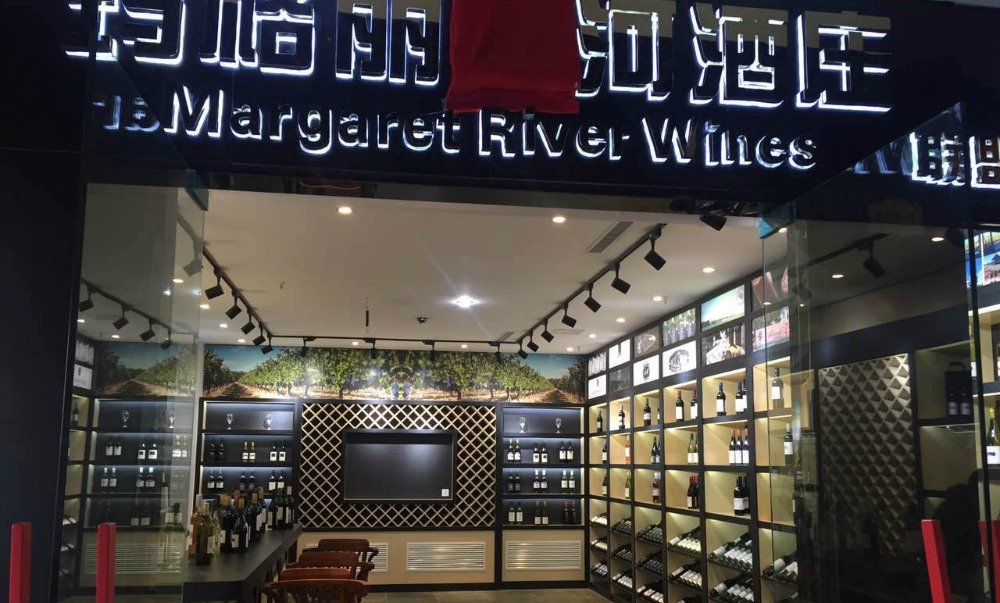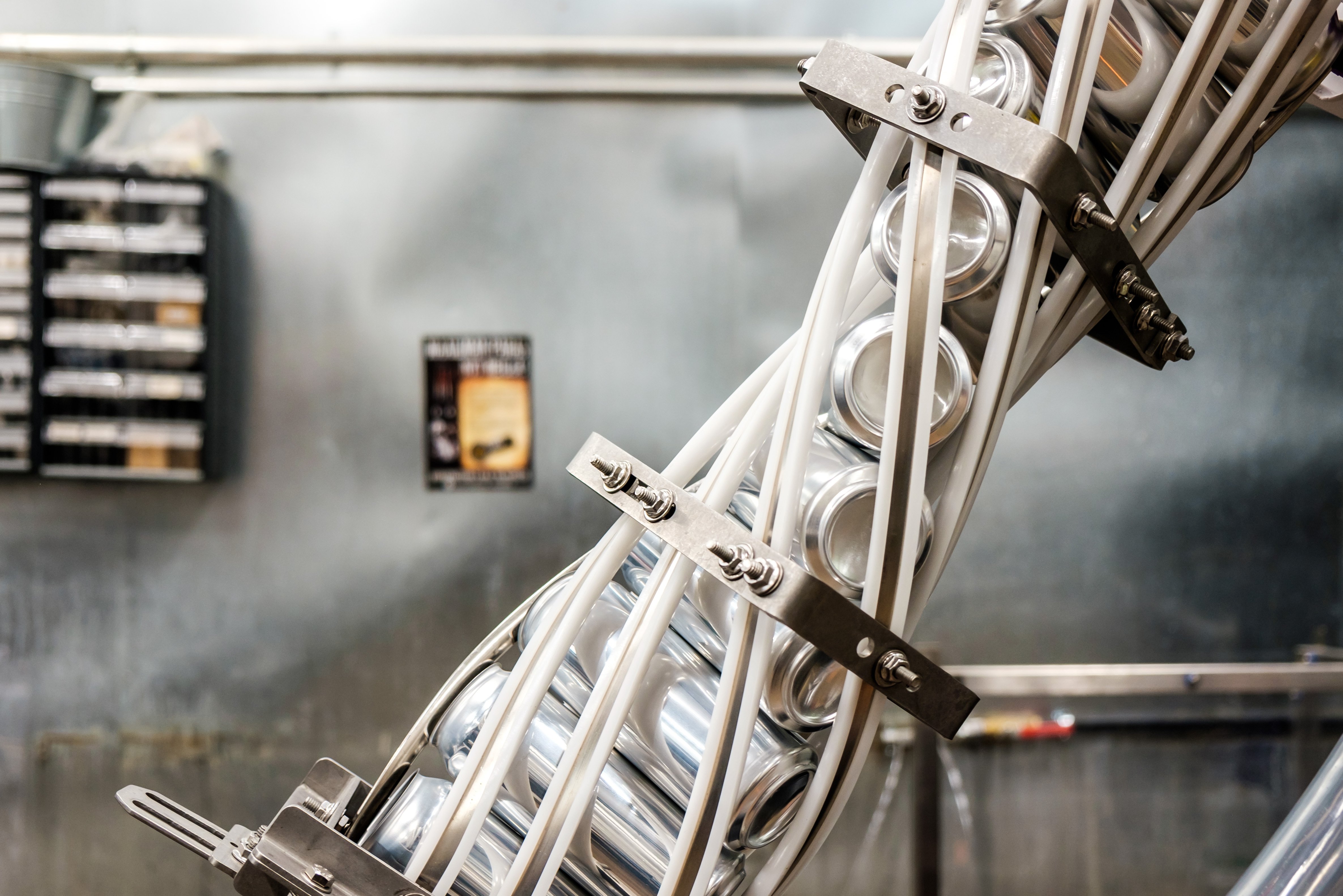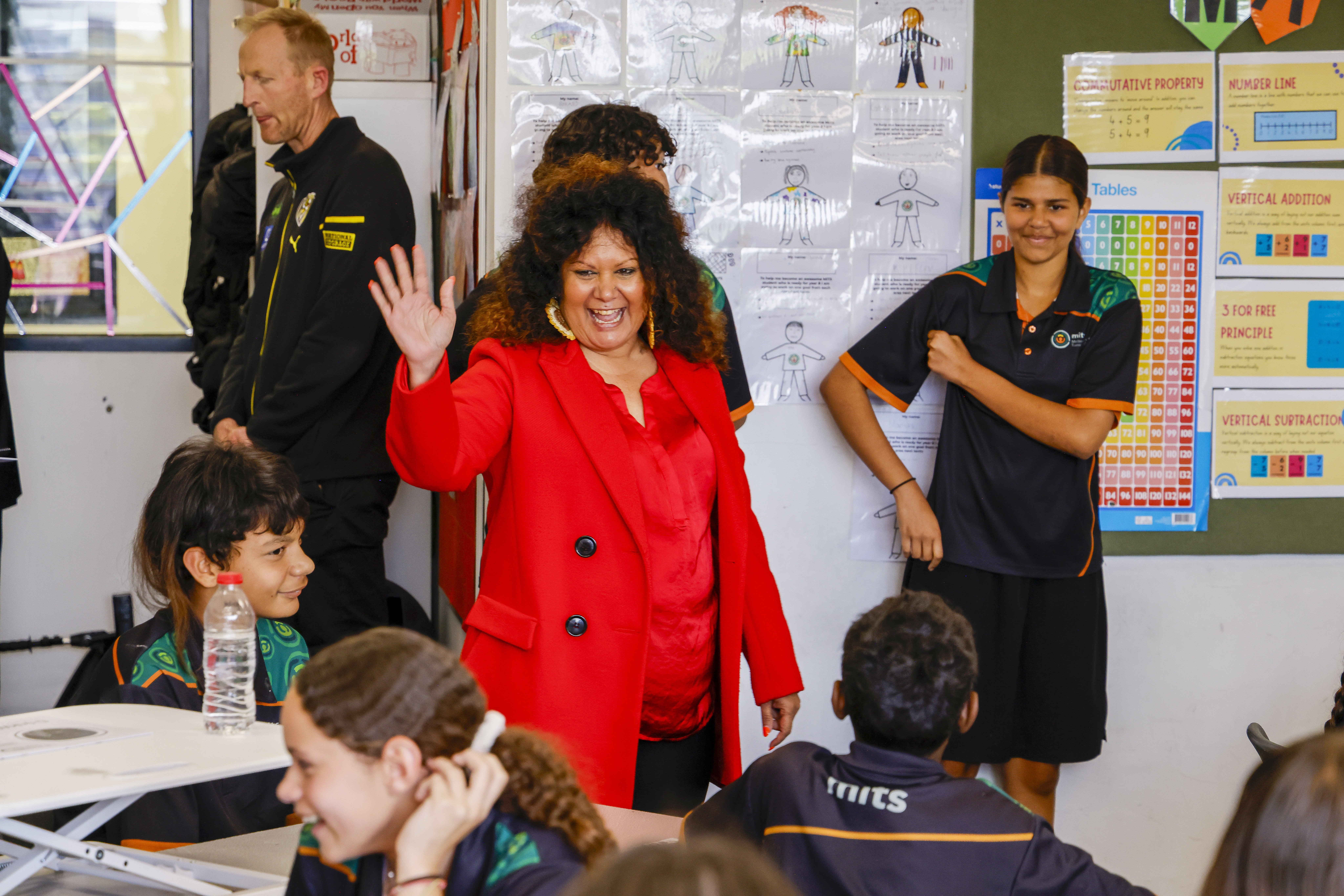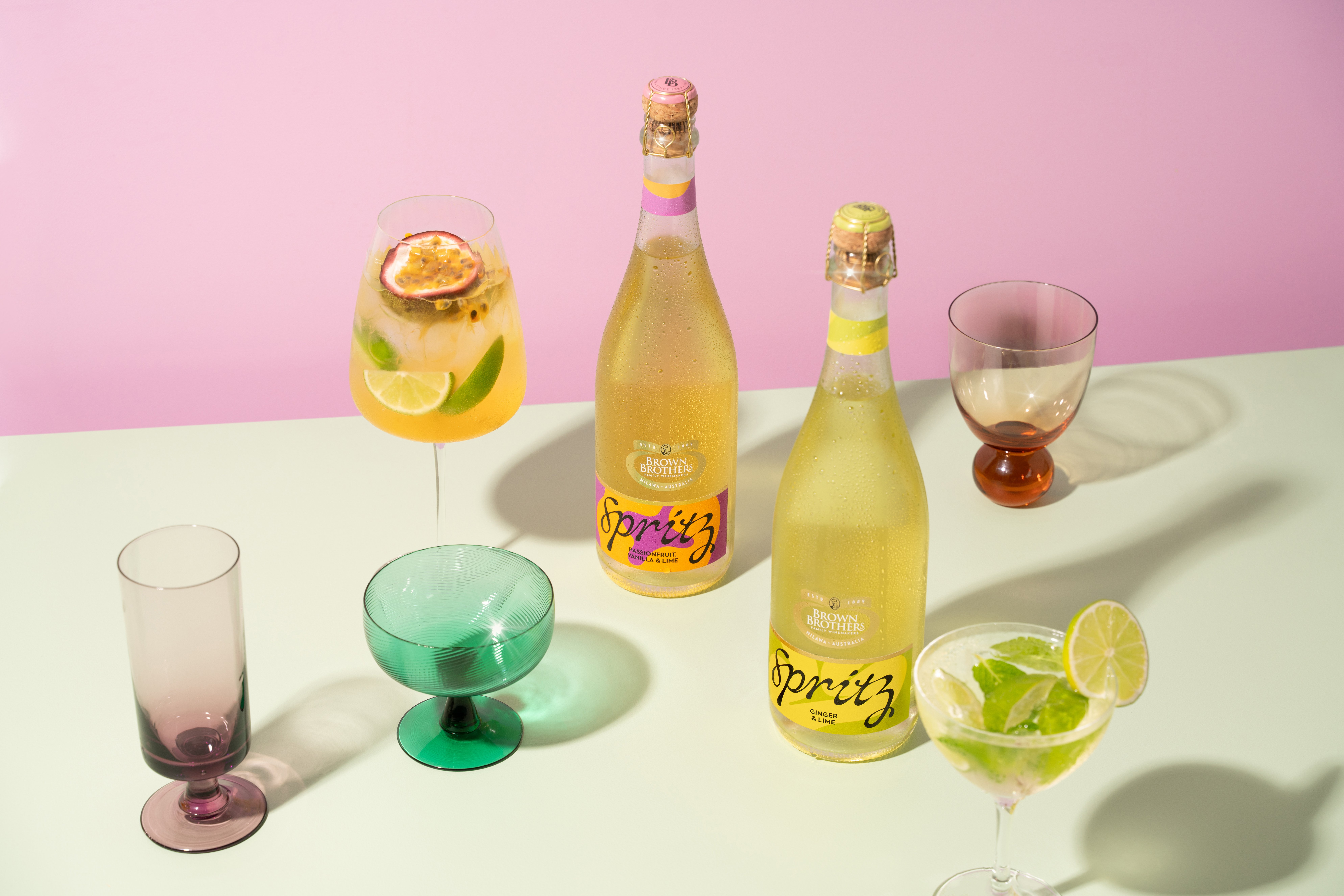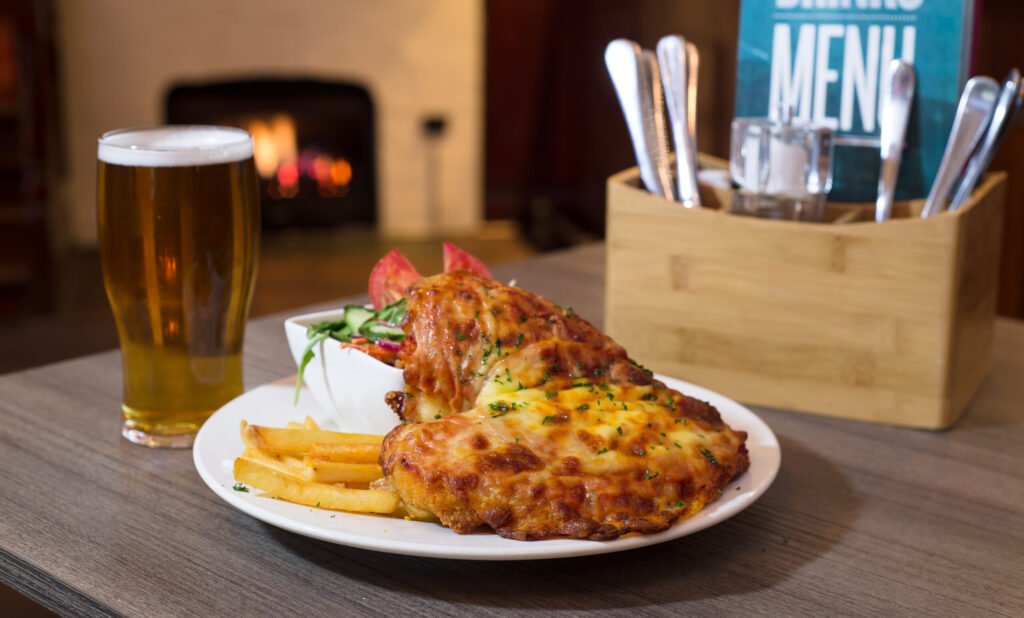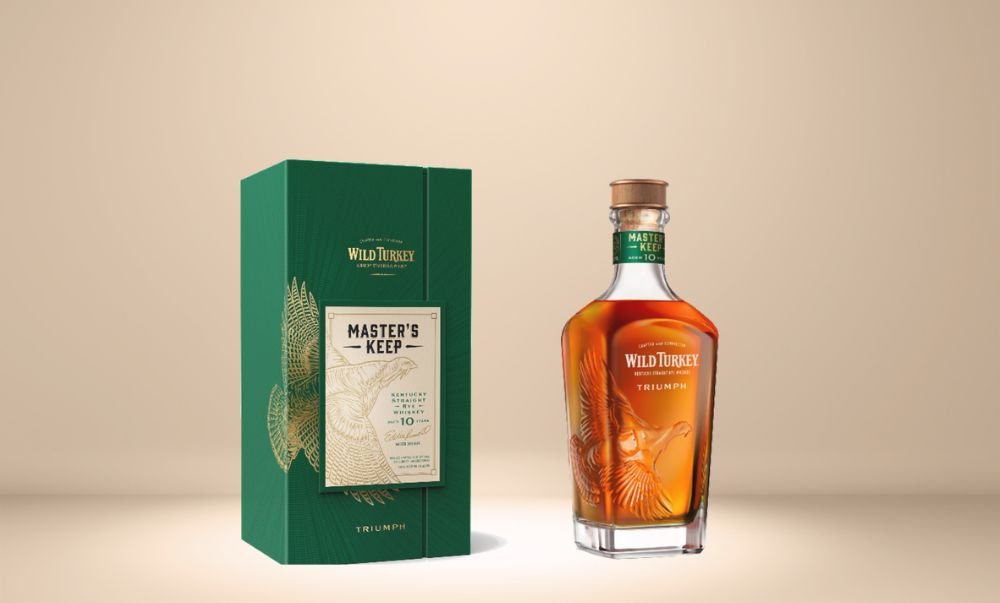Australian wine exports are in free fall as the coronavirus continues to decimate on and off-premise trade in China.
If the crisis continues, it's predicted Australia’s $1.3 billion-a-year export market to China could lose millions.
“It’s a disaster,” a representative from one of Australia’s biggest wine producers, who asked not to be named, told Crikey.
“Sales are off 90% for the first two months and there is no relief in sight.”
Howard Park owner Jeff Burch told Augusta Margaret River Times: “In China, the Chinese new year was a non-event with people in lockdown and restaurants shut.
“No one is moving around, and no one is buying wine.
“Wine that was ordered primarily to meet the demand for Chinese new year has not been sold and there is a backlog on the docks, with none of it moving. The pipeline is full, so it is going to take another 12 months to work through once this thing settles down.
“And there is no idea when that might start.”
Citi analyst Craig Woolford predicts Australia's biggest wine exporter to China, Treasury Wine Estates, faces a massive hit.
"We see a $15 million impact from coronavirus in FY20,'' he told The Australian Financial Review. "This estimate is based on volumes for China falling 20% for 4½ months''.
Alberto Fernandez, managing partner of major importer/distributor Torres China, told Wine Searcher he expects sales to be down 80% this month, and at least 50% next month
It's estimated that the wine trade in China overall will suffer a 20% downturn in 2020. Extensive bankruptcies are predicted for the first half of the year, especially among small and medium-sized retailers.
The China Culinary Association has reported that 78% of businesses have seen more than a 100% drop in operating income, due to venues having zero revenue, but still needing to pay rent, wages, insurance and other costs.
Restaurateur Ignace Lecleir, whose four-venue group includes TRB Forbidden City and TRB Hutong, among Beijing’s top destinations for wine fans, said his revenue has dropped 95%. He only has restaurant operating, Hulu in central Beijing.
Pernod Ricard CEO Alexandre Ricard recently told analysts: “Nightclubs and night bars are all closed in China and those bars and restaurants that are not closed are empty.”
Numerous wine trade fairs cancelled
China's biggest trade fair, Chengdu’s annual China Food and Drinks Fair (CFDF), has been cancelled.

The fair was scheduled to be held from March 26-28 and usually attracts 3000 exhibitors and 300,000 buyers. It's a key event for Australian wine exports.
CFDF off-show event TaoWine was meant to be held from March 22-24 in the Chengdu Shangri-La, Kempinski and InterContinental Century City Hotels. However, the show will also be rescheduled once there is new date for the CFDF.
TWC Chengdu Fine Wine Showcase, originally scheduled for March 22-25, is a new satellite fair of the CFDF. It has been postponed, with a new date “subject to the development of the epidemic situation, the follow-up planning of CFDF and the industry dynamics”.
China International Alcoholic Drinks Expo was initially scheduled to run from March 18-22, in Luzhou, a southwest city located in Sichuan Province. It too has been postponed.
Potential for the home delivery market
Wine journalist Janet Wang writes at The Buyer that several established online retailers have seen over 120% increase in sales in the post Chinese New Year sales period.
"A new e-commerce term “contactless delivery” has quickly emerged in recent weeks; it has been mooted for some time by major retailers, but coronavirus has brought it into effect in double time," she explains.
"JD.com has also started doing deliveries with driverless cars, initially just to hospitals but household deliveries are apparently weeks away.
"Contactless delivery essentially removes face-to-face interaction between the buyer and the courier. The parcel is dropped at a customer designated location along with a receipt, the courier then moves away to a ‘safe’ distance whilst keeping the parcel in sight.
"The customer collects and signs for the parcel, leaving the receipt for the courier to retrieve. Despite this ‘contactless’ method, the courier is required to wear face mask and gloves and the parcel is usually also disinfected before dispatch."

Share the content
